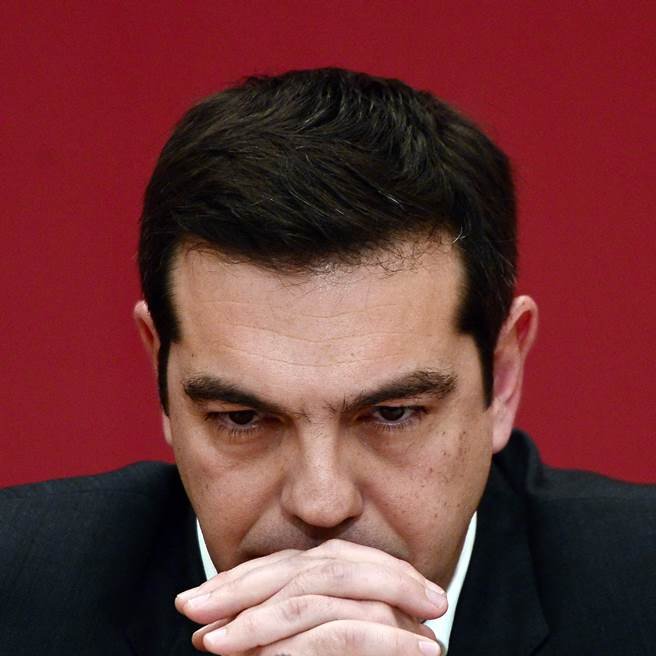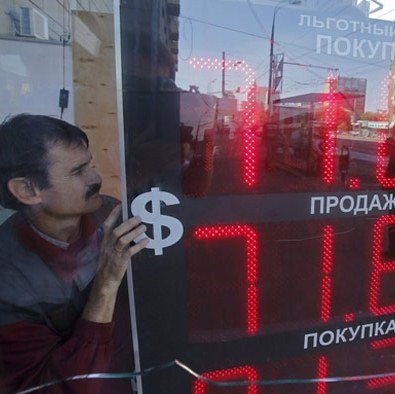(Washington Post) (Co-authored with A. Georgakellos) Greece is headed for snap elections in September, less than eight months since its last parliamentary elections. For the past five years, Greece’s internal political competition has centered around its financial crisis — and more specifically, around whether the nation should accept the austere bailout terms offered by the European Union “troika” of the International Monetary Fund, European Central Bank and the European Union. This has become known as the “memorandum” vs. “anti-memorandum” policy cleavage.
That debate appeared to be decisively answered in a July 5 referendum, when 61.3 percent of the nation voted to reject the troika’s “memorandum” terms. And yet within a week, Greece’s parliament — led by Prime Minister Alexis Tsipras and his party—capitulated and signed the memorandum of understanding. What operated as a sharp division between the pro- and anti-memorandum camps disappeared, when most of Tsipras’s Syriza party and all of the ANEL party voted in favor of the third memorandum — yet one-third of Syriza refused to go along. […]
Read More © The Washington Post











